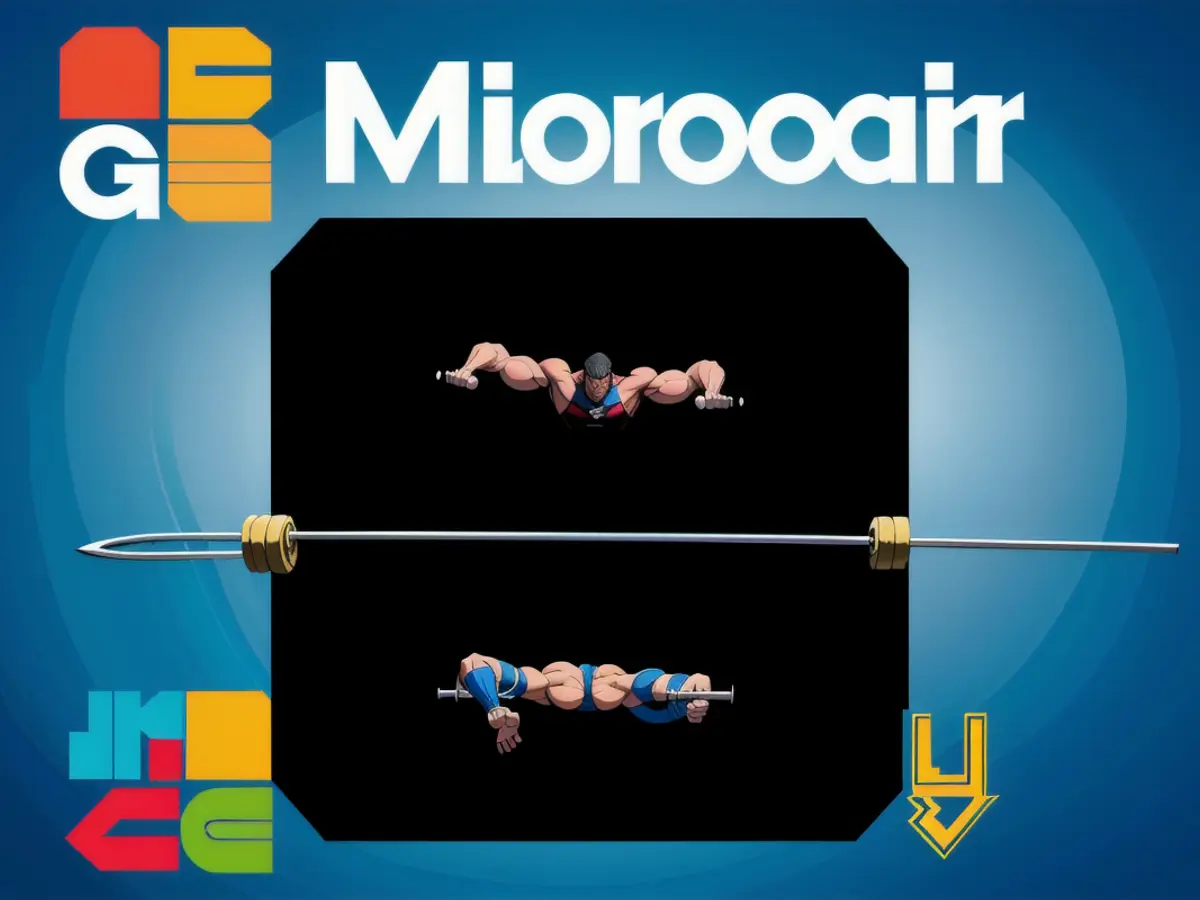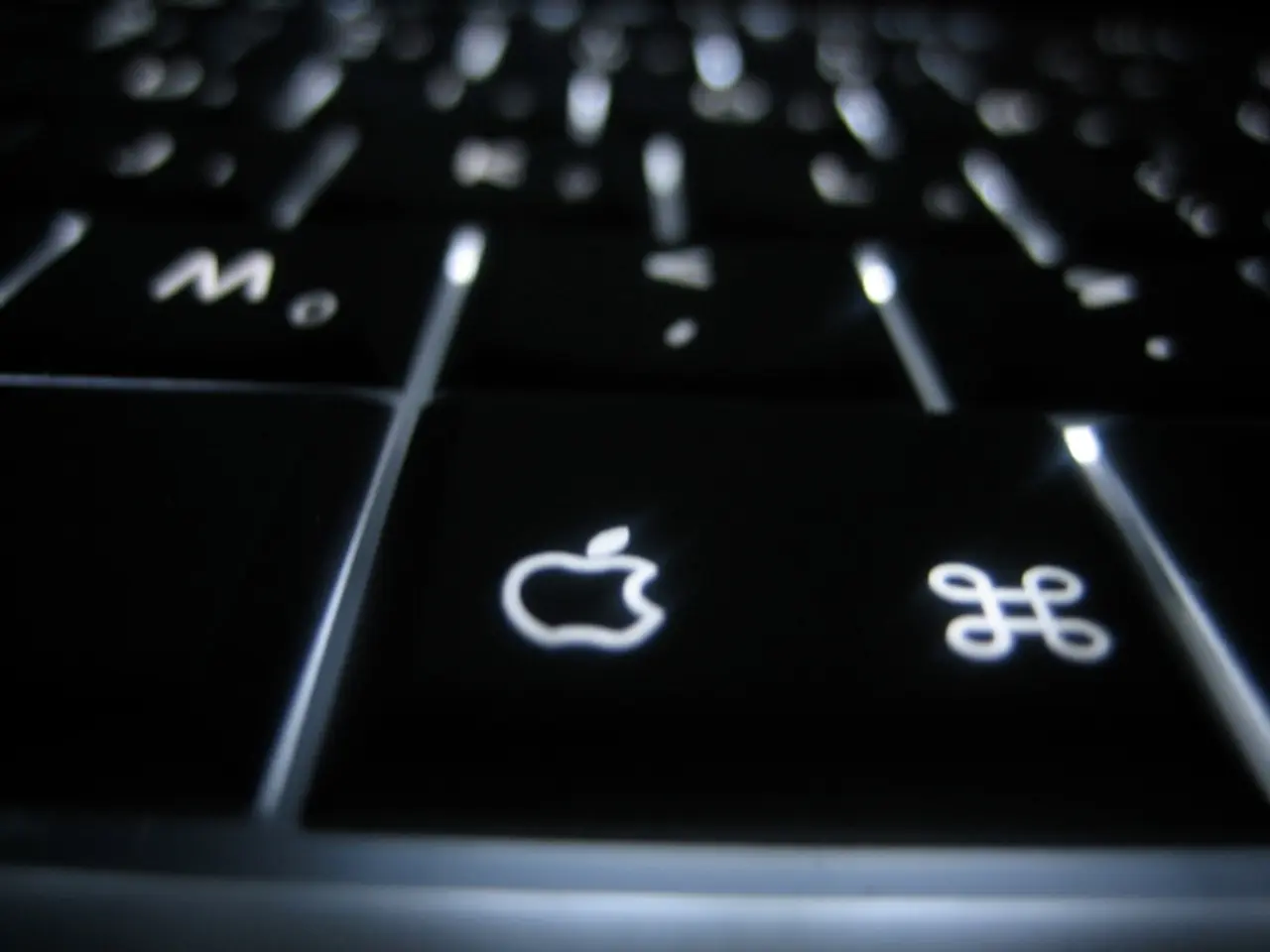Artificial Intelligence Might Be Diminishing Human Intelligence, According to Microsoft Experts
AI might help in completing tasks faster and boosting productivity, but a recent study by Microsoft and Carnegie Mellon University suggests it might also be making us less sharp - intellectually speaking. Researchers surveyed 319 knowledge workers to understand their reliance on AI for work tasks and its impact on critical thinking abilities.
The results? The more the workers relied on AI, the less critical thinking they did. The study pointed out that AI usage changed the focus of critical thinking, shifting it towards information verification and task stewardship. Conversely, those who leaned more on their mental faculties had to do more critical thinking.
AI also seemed to make users more narrow-minded, producing less diverse outcomes for the same task when compared to those without AI tools. The study highlights that over-reliance on AI can rob users of the chance to practice their judgment, potentially leaving them unprepared when exceptions arise.
However, AI still facilitates improvements in worker efficiency. The trade-off is that it can hinder critical engagement with work and eventually lead to overreliance, potentially affecting independent problem-solving skills. With over 300 million monthly active users on ChatGPT, the implications for humanity could be significant.
The debate over whether technology is making us dumber isn't new. The study serves as a reminder to reflect on the potential downsides of overreliance on AI, including its impact on our critical thinking skills. Considering Big Tech's push to invest heavily in AI, more research is crucial to mitigate such risks.
Enrichment Data:
The study, focusing on generative AI (GenAI), revealed several key findings:
- Lower Critical Thinking Effort: Higher trust in AI's abilities leads to reduced mental effort needed for critical thinking. Users tend to accept AI outputs without thorough verification, which might result in a decrease in critical thinking effort.
- Shift in Tasks: The nature of critical thinking changes when using GenAI. Workers primarily engage in critical thinking to ensure work quality, but tasks involve different actions like setting clear goals, refining prompts, and assessing AI-generated content against specific criteria and standards.
- Over-reliance on AI: Heavy reliance on AI can lead to over-reliance, diminishing independent problem-solving skills. Users who trust their judgment are more likely to consider and integrate AI suggestions thoughtfully, whereas those with high confidence in AI tend to skip crucial steps in critical thinking.
- Verification and Oversight: While AI simplifies information gathering and content creation, workers must invest more time in verifying the accuracy of AI outputs and ensuring that the generated content meets specific needs and quality standards.
In summary, the study signifies that while AI tools can reduce the perceived effort for critical thinking, they promote over-reliance on AI, potentially diminishing the overall quality of critical thinking among knowledge workers.
The study suggests that over-reliance on AI for critical thinking tasks may lead to reduced independent problem-solving skills for consumers in the tech industry. Innovations in AI, such as generative AI, while improving efficiency, may shift the focus of critical thinking towards information verification and task stewardship, potentially leading to less diverse outcomes.






